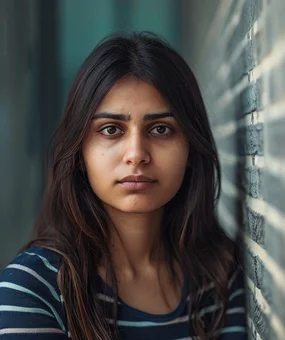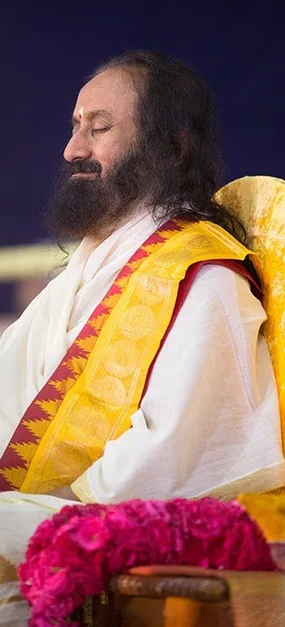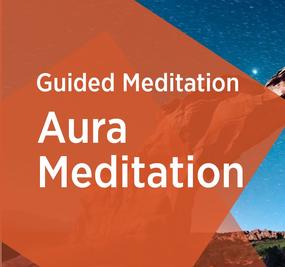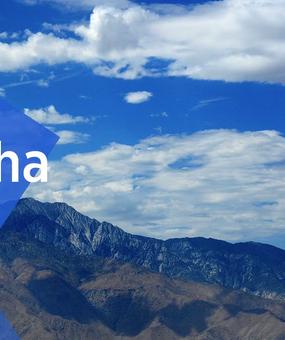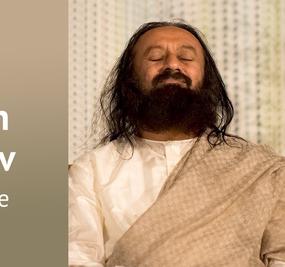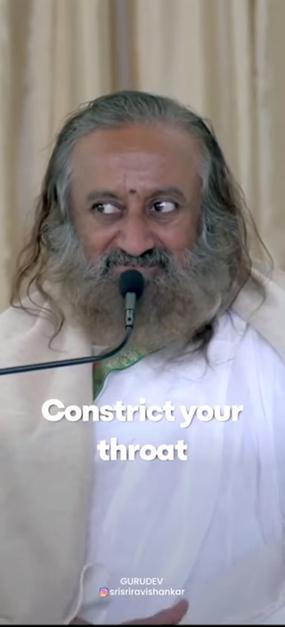Every new mother is extra cautious while taking care of her newborn. During your mostly sleepless nights, you try to ensure that your child is getting enough milk or food and sleep. Even a slight change in their sleeping, feeding, or pooping habits raises an alarm. It is okay to always be on the go. But, there is a strong likelihood that your caution and usual worries will grow into racing thoughts and constant concerns, which are signs of a condition called Postpartum Anxiety.
The condition is caused by a change in hormones post-delivery, sleep deprivation, and the overwhelming feeling of responsibility for your newborn. A difficult pregnancy, stressful delivery, personal or family history of anxiety, or lack of support after childbirth contribute to the condition.
Postpartum Anxiety Symptoms
Look out for these symptoms of postpartum anxiety.
- Worrying constantly
- Poor sleep quality
- Sweating
- Nausea
- Shakiness
- Fatigue
- Racing thoughts
Whether you are experiencing one or more of the above symptoms or not, you can choose to save your mind. It doesn’t matter which stage your anxiety is in.
How to treat postpartum anxiety naturally?
Breathing and meditation are two ways in which you can treat postpartum anxiety naturally. Your breath is a powerful tool to beat anxiety. Remember the age-old adage of ‘Take long deep breaths when you get angry’? Your breath can affect your anxiety too.
Pranayama or breathing exercises have a calming and balancing effect on the mind. The Sudarshan Kriya is a powerful breathing technique that has been proven to significantly reduce anxiety and symptoms of depression among patients. Keep in mind that you should take professional help if you need to. The following are three breathing and meditation practices that can complement your postpartum anxiety treatment.
1. Alternate Nostril Breathing or Nadi Shodhan Pranayama
Alternate nostril breathing calms the mind within a few minutes and helps stop overthinking. It helps release accumulated stress and fatigue from the body. Make sure you breathe gently while practicing this breathing exercise. Avoid forceful breathing. Follow this guide for this pranayama.
Start your day with five to ten minutes of alternate nostril breathing.
Practice two to three times a day.
Practice with an empty stomach.
Practice whenever you feel overwhelmed during the day.
2. Guided meditation
Numerous studies show that meditation reduces anxiety, stress and pain. The practice gives deep rest to the mind. You can start with short guided meditations by Gurudev. Here is a special meditation to reduce anxiety that you can listen to and practice.
- Meditate right after your morning practice of alternate nostril breathing.
- Meditate on an empty stomach.
- Sit comfortably on a mat or bed while meditating. Preferably have back support too.
- You can practice guided meditation twice a day.
- If there is a breathing or chanting instruction, do it gently. Don’t do it forcefully.
- Here is one simple guided meditation that you can practice every day.
- Meditate every day as that will strengthen the impact of your practice.
You can also meditate with the help of a mantra. You can learn the basics of mantra-based meditation in Sahaj Samadhi Dhyan Yoga.
Anxiety can go through Pranayama, Knowledge, and Meditation, and knowing that the universe is taking care of you.
Gurudev Sri Sri Ravi Shankar
3. Sudarshan Kriya Breathing Technique
The Sudarshan Kriya breathing technique is a boon for every new parent as they try to juggle multiple tasks between sleepless nights each day. 20-minutes of Sudarshan Kriya practice reduces stress significantly, improves sleep quality, increases awareness, and detoxifies the body at the cellular level. Studies have also shown it to be as effective as antidepressants. Learn this technique when your post-surgical wounds have completely healed. It will equip you to face the topsy-turvy road of parenting with more confidence and calmness.
Join a free Breath and Meditation webinar.
Based on inputs by Dr. Prema Seshadri, Psychologist & Faculty, Sahaj Samadhi Dhyan Yoga.









